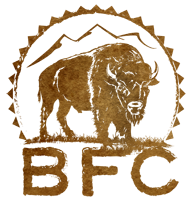North America
Mexico and the United States
Hablemos de Hikuri
 Hablemos de Hikuri is a group of Wixáritaari and mestizos concerned about hikuri (Lophophora williamsii, a.k.a. peyote) and the considerable decrease in wild populations both in Wirikuta and in other desert regions. Through dialogue with Indigenous peoples who have traditionally consumed hikuri, they seek to generate an exchange of ideas for their conservation, and promote rational and sustainable management that will allow hikuri to thrive for many generations.
Hablemos de Hikuri is a group of Wixáritaari and mestizos concerned about hikuri (Lophophora williamsii, a.k.a. peyote) and the considerable decrease in wild populations both in Wirikuta and in other desert regions. Through dialogue with Indigenous peoples who have traditionally consumed hikuri, they seek to generate an exchange of ideas for their conservation, and promote rational and sustainable management that will allow hikuri to thrive for many generations.
Hablemos de Hikuri collaborates to re-establish hikuri populations and achieve sustainability within their traditional ceremonies and activities, sacred sites, and transit areas. They sensitize and raise awareness about the current situation of hikuri both within their communities and society beyond, as well as promote a biocultural management plan that integrates the Wixáritaari and highland communities for their care and conservation.
Their projects include non-commercial nurseries in Wirikuta guardhouses and holding dialogues in Wixáritaari communities to exchange knowledge about the current situation of hikuri, addressing socio-historical, biological, and legal dimensions. They are designing a bilingual memory book (Spanish and Wixárika) of the dialogues, recording stories and wisdom of the Wixáritaari about hikuri, in addition to producing audiovisual materials for workshops and social networks.
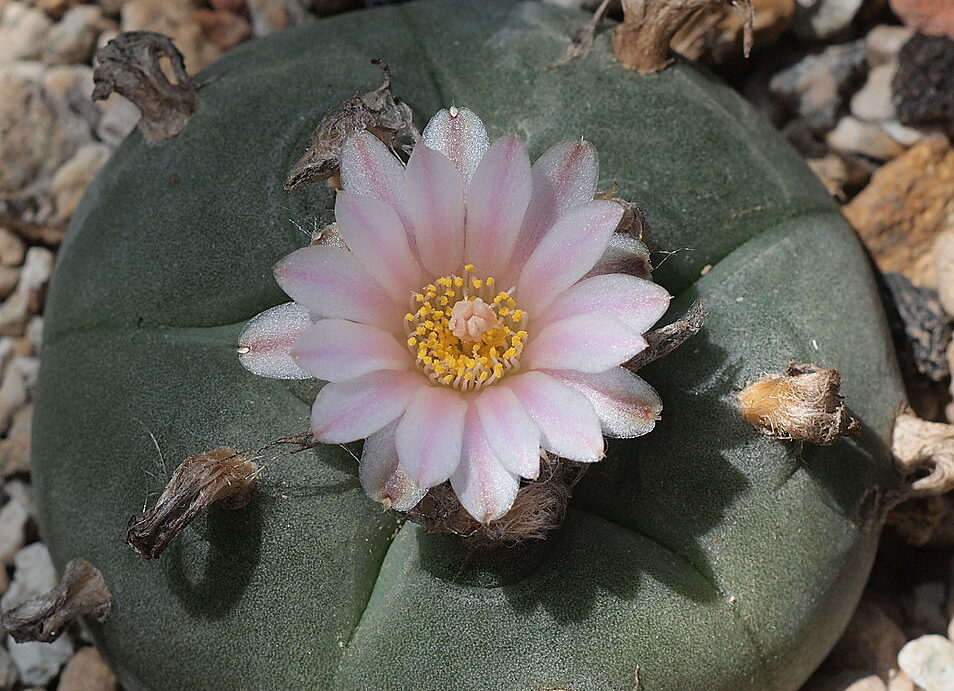
To support the conscious use of the plant with an awareness of its ecological situation, and the cultivation of two hikuri for every one cut or consumed, click the logo to visit their website or contact them at this link. You can also read this piece by their Huichol founder Lisbeth Bonilla.
Wixárika Research Center
 The Wixárika Research Center (WRC) is a 501(c) 3 non-profit foundation founded in 2001 in Oakland, California by Juan and Yvonne Negrín who began their work in support of Wixarika art, culture and territory in 1970. The WRC has three important goals: 1) to provide a platform for the Wixarika and non-Wixarika public to access archival and contemporary information regarding Wixarika history, art, politics and ecology; 2) to provide scholarships and networking opportunities for Wixarika university students; and 3) to support the autonomy and conservation of Wixarika territory and sacred lands through agroecological projects.
The Wixárika Research Center (WRC) is a 501(c) 3 non-profit foundation founded in 2001 in Oakland, California by Juan and Yvonne Negrín who began their work in support of Wixarika art, culture and territory in 1970. The WRC has three important goals: 1) to provide a platform for the Wixarika and non-Wixarika public to access archival and contemporary information regarding Wixarika history, art, politics and ecology; 2) to provide scholarships and networking opportunities for Wixarika university students; and 3) to support the autonomy and conservation of Wixarika territory and sacred lands through agroecological projects.
The Wixarika Research Center is coordinating an agroforestry project in the Natural Protected Area and sacred land of Wirikuta in San Luis Potosí, having completed the first phase of the project in the summer of 2021. This project develops and tests an agroforestry and business model that foments the integral and agroecological management of the natural landscape of Wirikuta, allowing for ecosystem regeneration, an increase in productivity, and the improvement of socioeconomic conditions for the region’s inhabitants. This initiative centers the participation and exchange of knowledge between two groups of people with the deepest history of this geography: the native small farmers and the Wixarika people.
This first phase established an agroforestry cornfield (milpa) near the sacred site of El Bernalejo (Tamatsi Kauyumarie) for the cultivation of corn in between rows of mesquite and maguey (Agave Salmiana and Agave Americana). Their team designed an alley cropping system based on the topography of the land in order to increase rainwater harvesting and soil retention. It also included agroforestry training for local ejidatarios (communal-based small farmers) and Wixárika university students and young professionals in order to explain the benefits of this agroecological system and to demonstrate its productive potential through the integral use of maguey and mesquite.
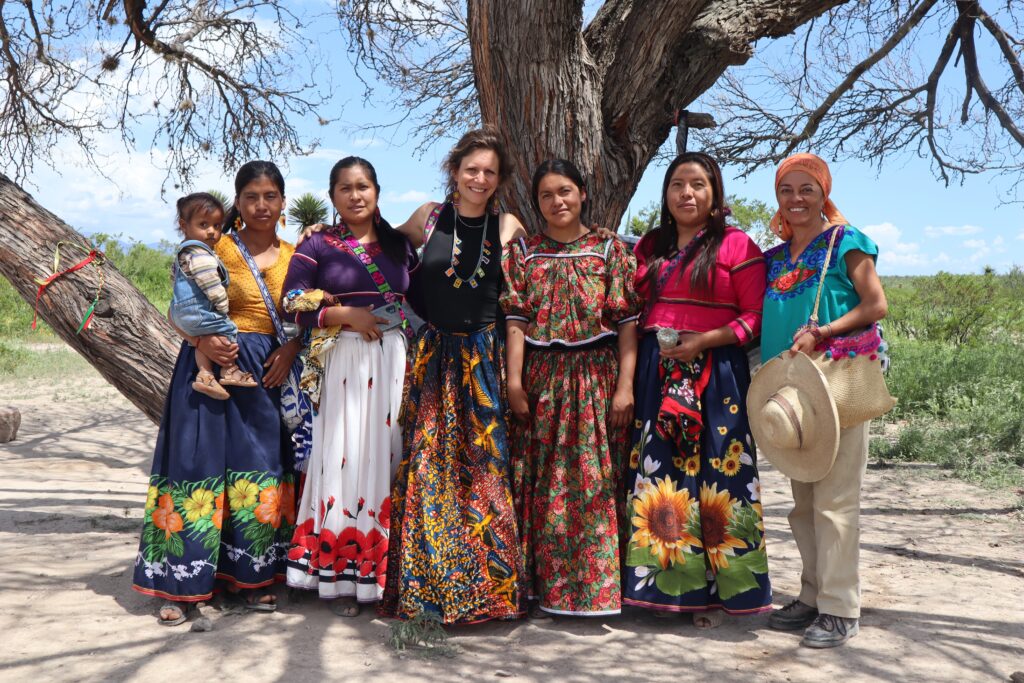
The next stages will consist of monitoring their first reforested cornfield, identifying future areas for reforestation, and developing a series of workshops led by Wixarika people, small farmers and WRC representatives for the summer of 2022. Click the logo to visit their website or follow this link to support their work.
CIPREPACMA
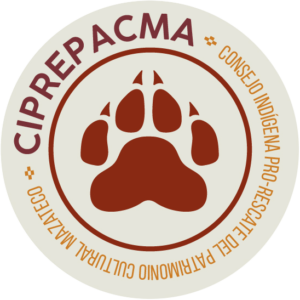 ouncil for the Rescue of Mazatec Cultural Heritage) is a community association (A.C.) based in Santa María Chilchotla, Oaxaca, established in 2011. CIPREPACMA focuses on building a future of Mazatec language and culture based on the following: a vision to raise awareness of the importance of preserving, making visible, strengthening and protecting the tangible and intangible heritage of the Mazatec culture (Nación mazateca), a mission to empower the different groups, community authorities and peoples of the Sierra Mazateca, emphasizing from a cultural, historical, cosmogonic field the importance of promoting Mazatec culture and eco-ethno-linguistic knowledge. CIPREPACMA’s purpose is to maintain a constant dialogue and organization with community authorities, community groups and the people of the Mazatec region who seek to protect Mazatec sociocultural heritage.
ouncil for the Rescue of Mazatec Cultural Heritage) is a community association (A.C.) based in Santa María Chilchotla, Oaxaca, established in 2011. CIPREPACMA focuses on building a future of Mazatec language and culture based on the following: a vision to raise awareness of the importance of preserving, making visible, strengthening and protecting the tangible and intangible heritage of the Mazatec culture (Nación mazateca), a mission to empower the different groups, community authorities and peoples of the Sierra Mazateca, emphasizing from a cultural, historical, cosmogonic field the importance of promoting Mazatec culture and eco-ethno-linguistic knowledge. CIPREPACMA’s purpose is to maintain a constant dialogue and organization with community authorities, community groups and the people of the Mazatec region who seek to protect Mazatec sociocultural heritage.Donate here to support CIPREPACMA and follow the documentary series we are co-producing together, and reach them directly at pradoperedah@gmail.com
Buffalo Field Campaign
Lakota activist Rosalie Little Thunder (Kicikute Cokanun Win) of the Sicangu Sioux first founded Buffalo Nations, which became formalized as the nonprofit Buffalo Field Campaign (BFC) in 1997 with co-founder Michael Mease. Currently led by James Holt, a member of the Nez Perce (Nimiipuu) Tribe, the BFC began as a mission to protect Brother Buffalo and is the only group working both in the field and in the policy arenas to stop the harassment and slaughter of America’s last wild buffalo.
BFC represents the desire of multiple Indigenous groups of Turtle Island and First Nations peoples to honor the sacredness of wild buffalo and protect the natural habitat of wild free-roaming bison and other native wildlife. Through the development of tribal programs and the petitioning of federal authorities within the Yellowstone Ecosystem, their primary goal is to create permanent year-round protection for bison and the ecosystem they depend on—including respect for the migratory needs of this long-exploited and clearly endangered species. This includes urgently addressing the adverse impacts of climate change and habitat degradation, protecting the rights of treaty tribes to bolster the long-term capacity of on-reservation bison restoration, halting state and federal actions that are forcibly domesticating Yellowstone bison, and allowing for holistic co-management by the tribes themselves.
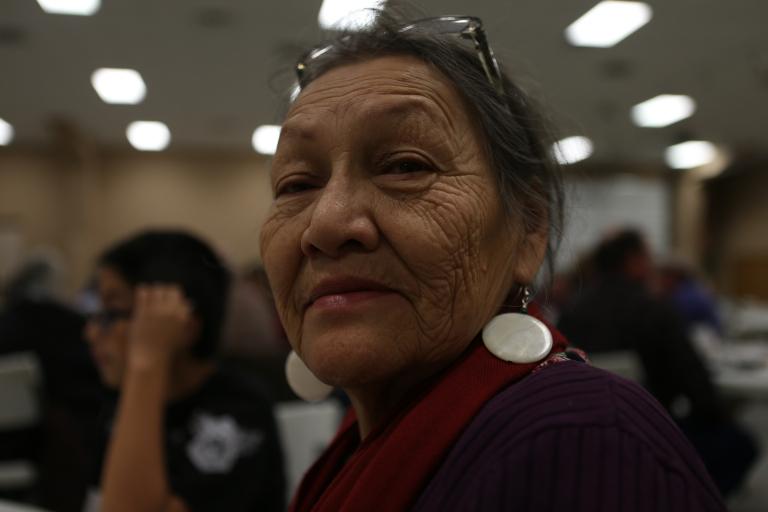
Click on their logo, or follow this link to learn more about and support their efforts.
The Navajo Water Project
The Navajo Water Project is an Indigenous-led initiative of DigDeep on the Navajo Nation, bringing hot and cold running water to Diné homes without access to water or sewer lines. This community-managed utility alternative is the first system of its kind in the United States, where Native Americans are 19 times more likely to live without a tap or toilet at home than White Americans.
DigDeep, a human rights nonprofit, began the project with a single family in 2014, and has since installed solar-powered Home Water Systems for hundreds of Indigenous families across New Mexico, Arizona, and Utah. During the COVID-19 pandemic, DigDeep has supplied emergency aid through the deployment of portable water tanks and the contactless installations of a new ‘Suitcase Home Water System,’ which was honored by Fast Company‘s 2021 Innovation by Design Awards.
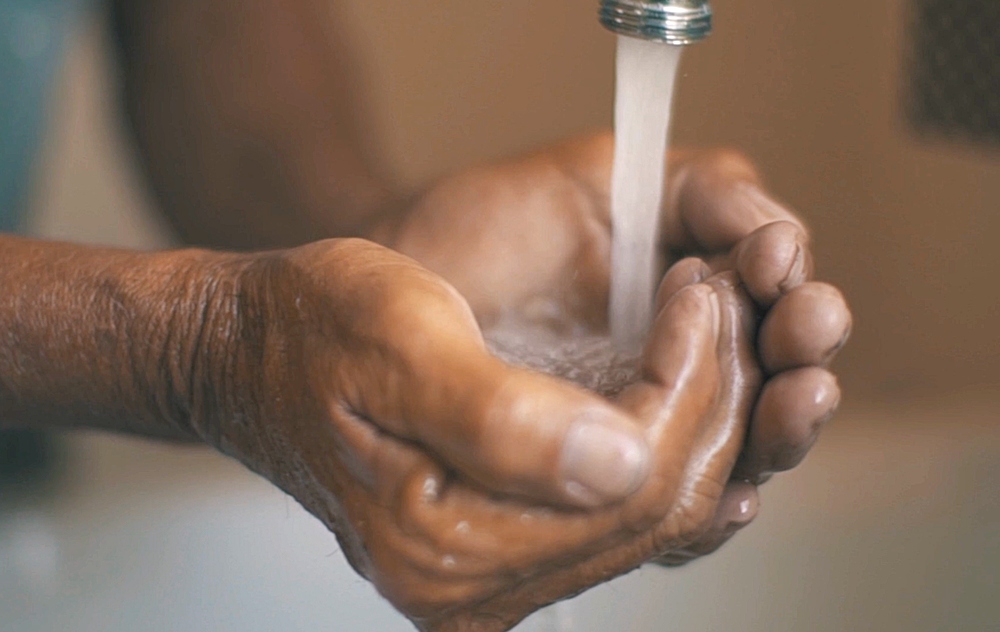
Today, a third of Navajo still don’t have running water, sinks, or toilets in their homes, and the project is far from complete. To continue supporting their vital work, click the logo or follow this link for more information.
Former Grantees (2021-2022)
IRI is open-source. We encourage you to engage directly with past grantees who are still part of the IRI network, and you can always bypass IRI and Chacruna to donate directly to any of our partners who have that capacity.
PSYDEH
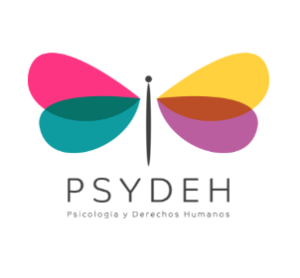 PSYDEH is an award-winning Mexican grassroots nonprofit organization working in Náhuatl, Otomí, and Tepehua communities with national and international reach.
PSYDEH is an award-winning Mexican grassroots nonprofit organization working in Náhuatl, Otomí, and Tepehua communities with national and international reach.
Empowering primarily Indigenous women to lead ground-up sustainable development of their own marginalized areas, PSYDEH strengthens and links leaders, including with human rights-based community organizing of locally-led, social and economic high-impact projects.
The majority of PSYDEH’s multi-national team are women serving as professional full-and part-time staff, contractors, and volunteers working as project coordinators, community organizers, workshop facilitators, photographers, and event organizers. Highlighted by their new Professional Indigenous Women Field Corps, and their incubating a partner network of Indigenous women-led collectives, PSYDEH’s fieldwork reflects and is led by Indigenous voices.
Centered in four Indigenous municipalities of the Otomí-Tepehua region of Hidalgo, central Mexico, PSYDEH operates out of their new field office Casa Siempre Viva when building their scalable model (explained in action HERE) for empowering communities to use their own resources to solve local problems. With female founders, an all-women board, Mexican and international funders and friends, and an Indigenous women-led field team, PSYDEH’s current projects include the artisan-focused “Bordamos Juntos” social enterprise (see their Etsy shop), as well as the new “Cuando Amanece” and “La Red” initiatives core to 2021-2024 programming with the aim to organize and support Indigenous women collectives to sustainably confront the painful effects of the pandemic and climate change on lives and work.

To view all of their projects, click the logo or follow this link.
Indigenous Seed Keepers Network
The Indigenous Seed Keepers Network (ISKN) is an initiative designed to nourish and assist the growing Seed Sovereignty Movement across Turtle Island (North America). Coordinated by members of the Mohawk, Ojibwe, and Odawa Tribes, it is a national network under the auspices of the Native American Food Sovereignty Alliance that leverages resources and cultivates solidarity and communication within the matrix of regional grassroots tribal seed sovereignty projects. They provide educational resources, mentorship training, outreach, and advocacy support on seed policy issues, and organize national and regional events and convenings to connect many communities engaging in this vital work.
ISKN seeks to create a collaborative framework and declaration for ethical seed stewardship and indigenous seed guidelines for tribal communities to guide them as they protect their seeds from patenting and biopiracy. Their work includes facilitating and implementing training through the Indigenous Seed Mentorship Initiative, providing education to empower and strengthen community members’ ability to not only grow good seed in their communities, but also grow the next generation of seed stewards and protectors. They assist in the reclamation of a critical aspect of Indigenous culture by helping communities to revitalize traditional seeds and food, rooted in the restoration of relationships between communities and their seeds.
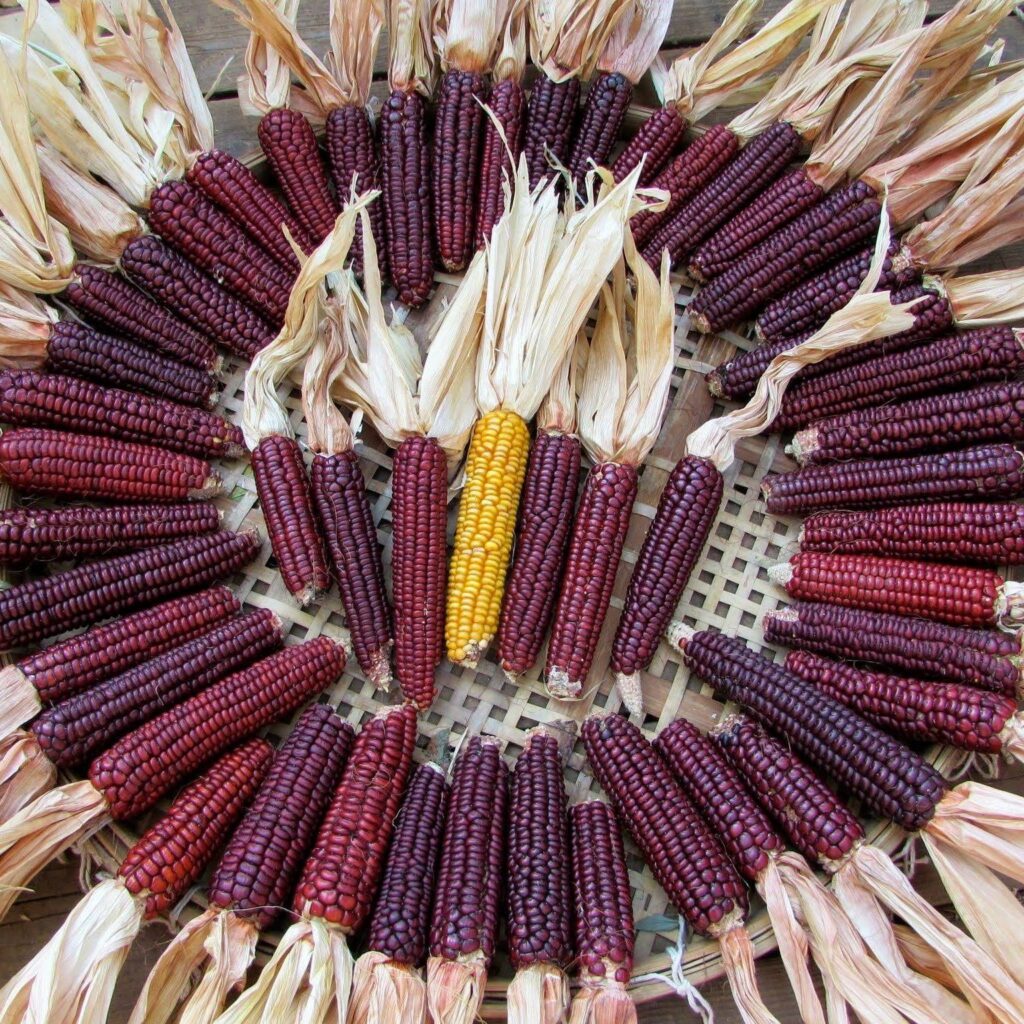
Click the logo or follow this link to see how this work complements community initiatives that focus on the cultural restoration of relationships inherent in agricultural revitalization.
Sia
Sia: The Comanche Nation Ethno-Ornithological Initiative brings four decades of research, public education, and conservation to the establishment of a feather repository owned and operated by Indigenous people. William Wahathuweeka Voelker and Troy Kwihnai Mahkweetsoi Okweetuni (“Last Captive of the Comanches”) began with the mission of eagle preservation through cultural, historical, scientific, and spiritual understanding, while upholding the spiritual integrity of all Numunuh (Comanche) forms of worship.
The essence of the eagle in traditional life, informed by generations of ancestral bonds with these sacred creatures, is the basis for Sia’s commitment to Indigenous cultural and spiritual needs. Sia (“feather” in Comanche) represents one of only three tribes to be granted the Native American Religious Use Permit allowing for permanent housing of non-releasable Bald and Golden Eagles, recognized as the Mother Church (Piah Puha Kahni) to the Comanche Native American Church. Under this authority, molted feathers can be distributed to Comanche tribal members and all 574 other tribal nations.
In addition to protecting sacred sites and the sacramental Husi (peyote), reconnecting cultures with the living bird in ways supportive of the species’ conservation is accomplished through uniquely formatted, culturally oriented live avian educational programs with emphasis on raptors. They promote Numunuh historic lifeways by maintaining extensive historical archives and conducting lectures, seminars, and training courses pertaining to the legality of acquisition and possession of avian feathers and parts. Sia’s efforts ultimately support the flourishing of the species and their associated communities and the dissemination of legally produced and held feathers and parts, and their revolutionary models for upholding Nagoya Protocols in the academic, conservation, bio-tech, and pharmaceutical spaces are a step towards true reparations and a way to honor the original stakeholders of traditional ecological knowledge.
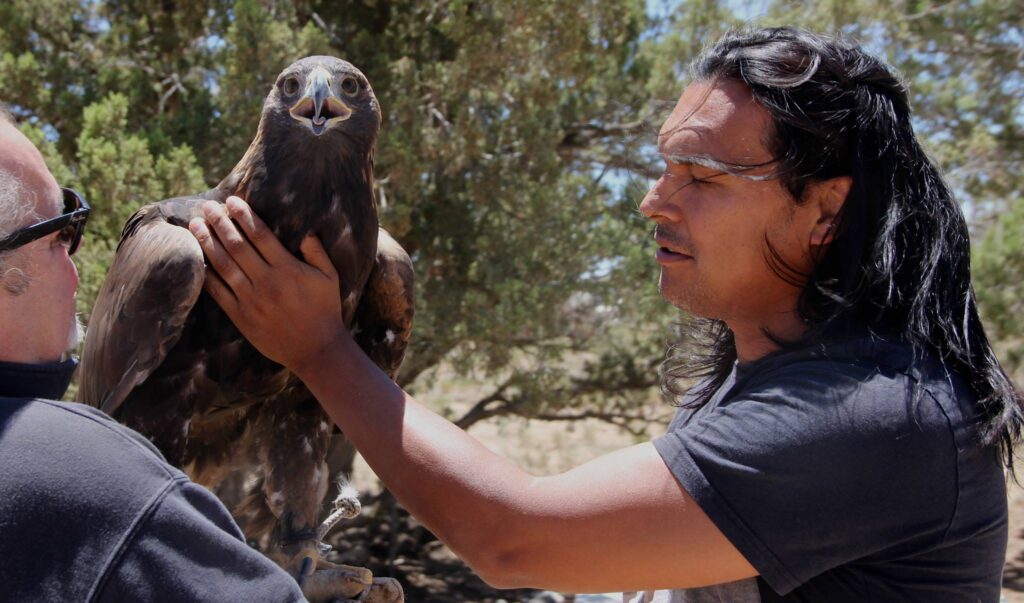
Click the logo to visit their website, or follow this link to their donation page.

